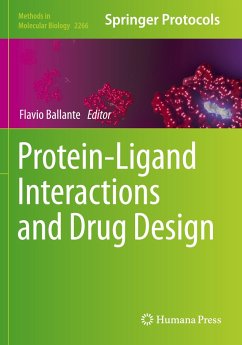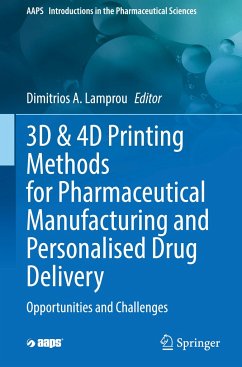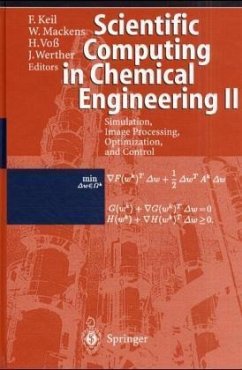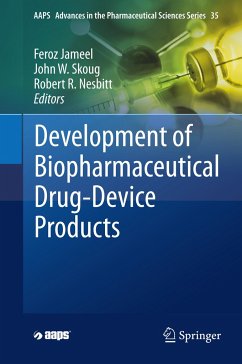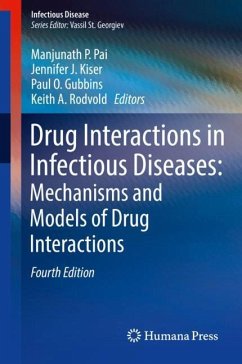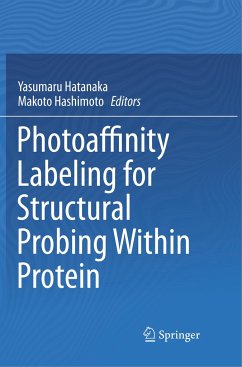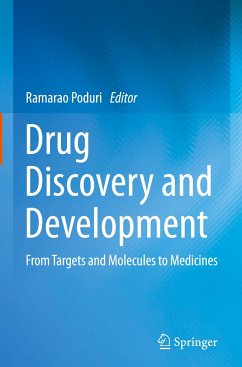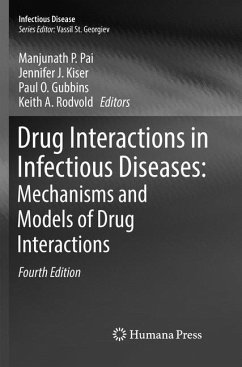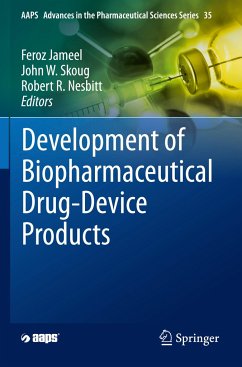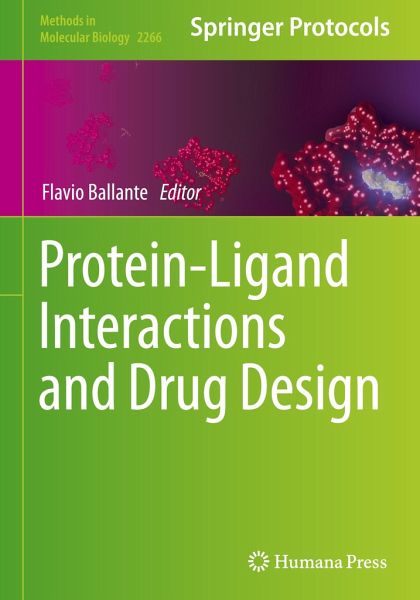
Protein-Ligand Interactions and Drug Design
Versandkostenfrei!
Versandfertig in 6-10 Tagen
136,99 €
inkl. MwSt.

PAYBACK Punkte
68 °P sammeln!
This detailed book collects modern and established computer-based methods aimed at addressing the drug discovery challenge from disparate perspectives by exploiting information on ligand-protein recognition. Beginning with methods that allow for the exploration of specific areas of chemical space and the designing of virtual libraries, the volume continues with sections on methods based on docking, quantitative models, and molecular dynamics simulations, which are employed for ligand discovery or development, as well as methods exploiting an ensemble of protein structures for the identificatio...
This detailed book collects modern and established computer-based methods aimed at addressing the drug discovery challenge from disparate perspectives by exploiting information on ligand-protein recognition. Beginning with methods that allow for the exploration of specific areas of chemical space and the designing of virtual libraries, the volume continues with sections on methods based on docking, quantitative models, and molecular dynamics simulations, which are employed for ligand discovery or development, as well as methods exploiting an ensemble of protein structures for the identification of potential protein targets. Written for the highly successful Methods in Molecular Biology series, chapters include introductions to their respective topics, lists of the necessary materials, step-by-step, readily reproducible laboratory protocols, and tips on troubleshooting and avoiding known pitfalls.
Authoritative and cutting-edge, Protein-Ligand Interactions and Drug Design provides detailed practical procedures of solid computer-aided drug design methodologies employed to rationalize and optimize protein-ligand interactions, for experienced researchers and novices alike.
Authoritative and cutting-edge, Protein-Ligand Interactions and Drug Design provides detailed practical procedures of solid computer-aided drug design methodologies employed to rationalize and optimize protein-ligand interactions, for experienced researchers and novices alike.





